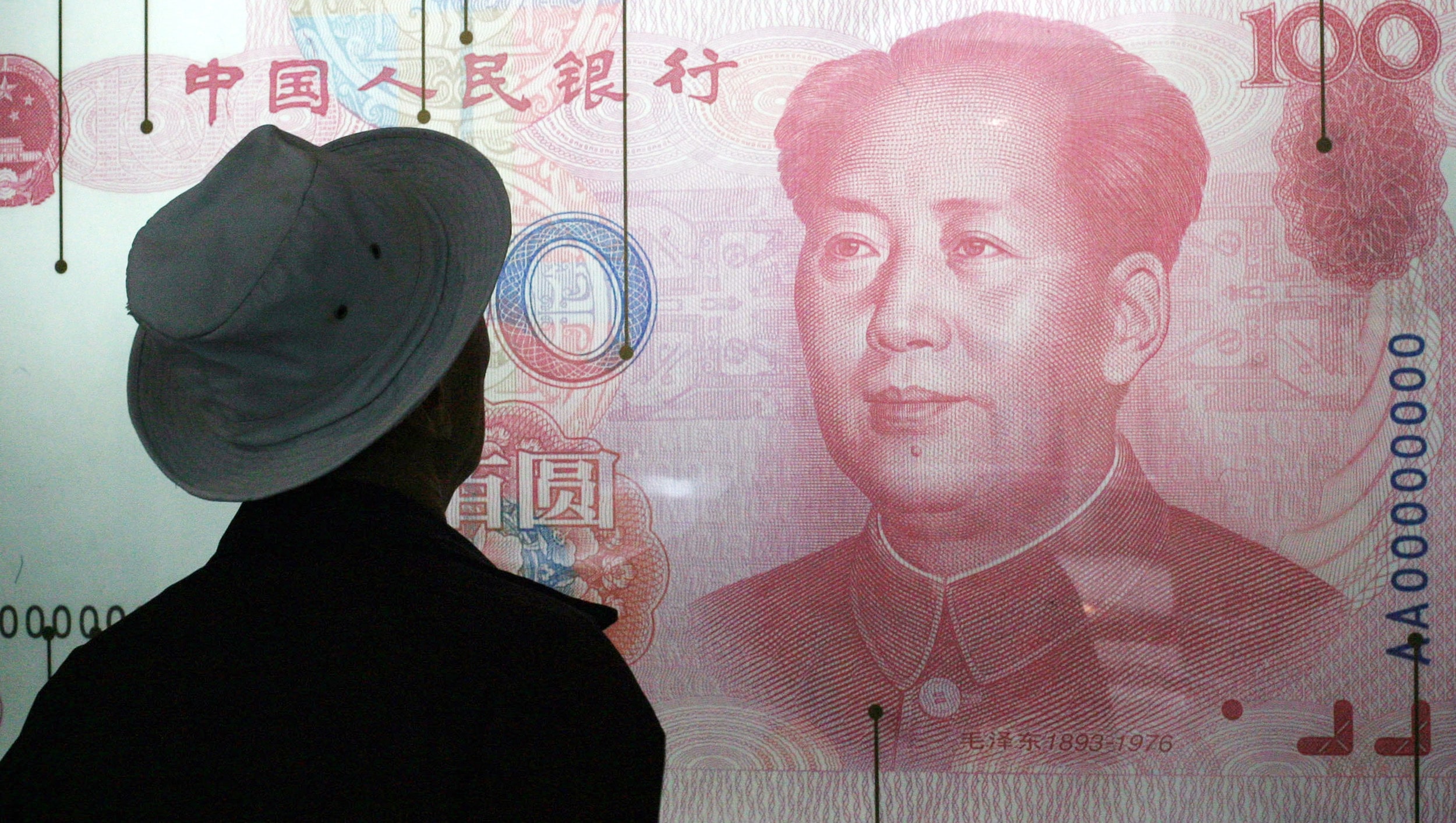China's international yuan payment system for cross-border transactions is ready to be launched as early as September of this year, according to a report from Reuters. The China International Payment System (CIPS) was already expected in 2014, but got delayed by technical problems which caused many analysts to believe it wouldn't actually come online before 2016.
The expected launch brings yuan internationalization back on pace, as it should lead to much wider global adoption of the Chinese currency by cutting costs and processing times for international transactions. CIPS is also expected to rely on the same messaging protocols as established international payment systems, replacing a jumble of existing systems, making transactions easier.
The CIPS is now ready and the Chinese government has selected twenty banks to do the testing, among which thirteen are local banks and the rest are local branches of foreign banks, according to the report. The official launch will reportedly be in September or October, depending on the results of the testing.
Effects on Western firms
Philippe Gelis, CEO and Co-Founder of Kantox, an FCA regulated FX service provider for SMEs and mid-cap companies, explained to Forex Magnates the importance of the move for the UK market: "The launch of China’s International Payment System is a long-awaited development that will help nudge the UK’s business perception of China from the go-to overseas provider of manufactured goods to a very real and lucrative trading opportunity.
Successful exporting relies not just on open trade corridors, but on foreign currency exchange rates and risk protection. The ability to make Payments in Chinese yuan (CNY), rather than another currency, typically the US dollar, brings three key benefits for UK businesses. Firstly, a reduction in cost, as Chinese suppliers will no longer need to include the 3-5% premium that they typically incorporate into their contracts to protect them from foreign exchange risk when receiving payment in currency other than CNY.
Secondly, shorter transaction times – it takes an average of four to six days less to process a CNY payment, compared with a US dollar or euro. Finally, the upcoming CIPS will reduce the margins of error by streamlining the payment process and replacing what is currently a patchwork of networks with a much easier process. Against this backdrop, businesses should check that they are receiving quotes in CNY as well as in dollars, to ensure they are taking advantage of cost savings. They should also check that their foreign exchange provider is able to support CNY transactions and the associated CNAPs codes."
"While only 2% of UK exports go to China currently, the flourishing Chinese economy and rise of the yuan should be real factors in helping UK businesses to escape the uncertainty of the unstable Eurozone, and move away from a reliance mainly on the US dollar in international transactions," he concluded.


















